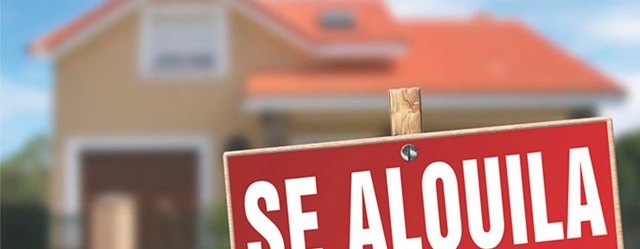Real Estate Blog

The 60% reduction in the yields obtained by rents reaches the Supreme Court. 22 October 2019
The 60% reduction in income from rents reaches the Supreme Court
THE IRPF regulations establish a tax incentive applicable to housing rentals consisting of reducing the net return obtained, i.e. income minus deductible expenses, by 60%. Until 2015, the reduction was applied whether the return was positive or negative, which penalized landlords who had higher-income expenses, as negative returns were less than actually Obtained. As of the 2015 financial year, following the tax reform, negative returns are not reduced. However, the application of the reduction is conditional on the taxpayer's declared returns, so that, if rental income is not declared, the reduction will not apply. Thus, it states the provision that it regulates that "In cases of leasing of immovable property intended for housing, the net positive return calculated in accordance with the provisions of the previous paragraph shall be reduced by 60%. This reduction will only apply to the income declared by the taxpayer" The Administration, when applying this reduction, has been understanding that it is only admissible in the case of returns declared by the taxpayers in the corresponding self-liquidation of the tax, but not in the case of returns discovered by the Administration. That is, the declaration of yields must be prior to the initiation of any verification or inspection procedure in which they are revealed. However, this does not appear to be a peaceful stance, perhaps because of the inaccuracy of the rule, since some higher courts of justice, such as the TSJ in Madrid or the Valencian Community, have considered the reduction applicable even if the outcrop of performance has taken place after administrative proceedings have been initiated. This conclusion is reached on the basis of the distinction made by the General Tax Law between "declaration" and "self-liquidation" and considering that the rule does not expressly establish that the declaration of income is made including them in the Autoliquidación. In this regard, the LGT considers tax declaration "any document filed with the tax authorities where any facts relevant to the application of the taxes are recognized or manifested". Thus, if a taxpayer, in the context of allegations in an administrative procedure, makes the amounts for rents that he or she has obtained known to the Administration, he would be acknowledging or expressing the obtaining of them and, therefore, would be "taxpayer-declared returns" to which the reduction would be applied. On the contrary, other courts, such as the TSJ de Extremadura, the One in Catalonia or Galicia, have accepted the interpretation of the Administration and consider that if the taxpayer did not declare in his self-liquidation the returns by rents, the Reduction. In view of this disparity in criteria, the Supreme Court, by order dated 18 July 2019, has decided to accept the matter on appeal to clarify what should be understood from the term "taxpayer returns" in Article 23 of the Law IRPF. We will have to wait for the High Court to rule to find out who can benefit from this tax incentive. A pronouncement which is undoubtedly of great interest, since the scope of taxpayers currently implementing this reduction could be notoriously expanded. By AB Accounts Europe
Other posts of interest



Dénia sábado, 23 de noviembre de 2019
Una exposición colorida y sorprendente.
Códigos del Arte cambia, se transmuta, una vez más, en esta ocasión ...

Sábado, 30 de noviembre de 2019 de 11:00 h. a 21:00 h.
Plaza de Canalejas 5,
Primera concentración de moteros en la localidad de El ...